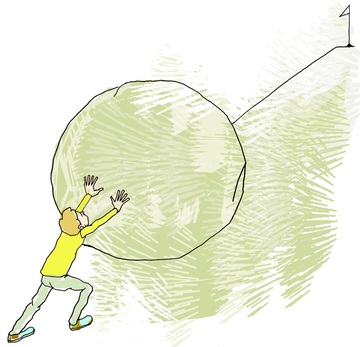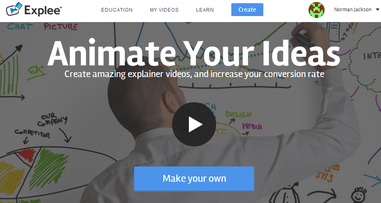
And yet one more example of emergence today. I had an email from a talented illustrator I had worked with in the past. It was a speculative email enquiring about possible work opportunities. I emailed back to open up a conversation about a possible role as an artist in residence at our forthcoming conference. Over 3 or 4 emails I tried to draw him in. I could see he was interested and he eventually agreed. I was delighted and immediately created a new web page to host information about our two artists. I then spent the best part of two hours creating a new explee animation to show off his work. It was both enjoyable and I felt creative and I was pleased with the result. There was no way that I could have anticipated this activity in advance of it happening. It emerged through interactions in my work ecology and being able to create opportunity for someone else to apply their talents to a new situation that they found appealing.









 RSS Feed
RSS Feed